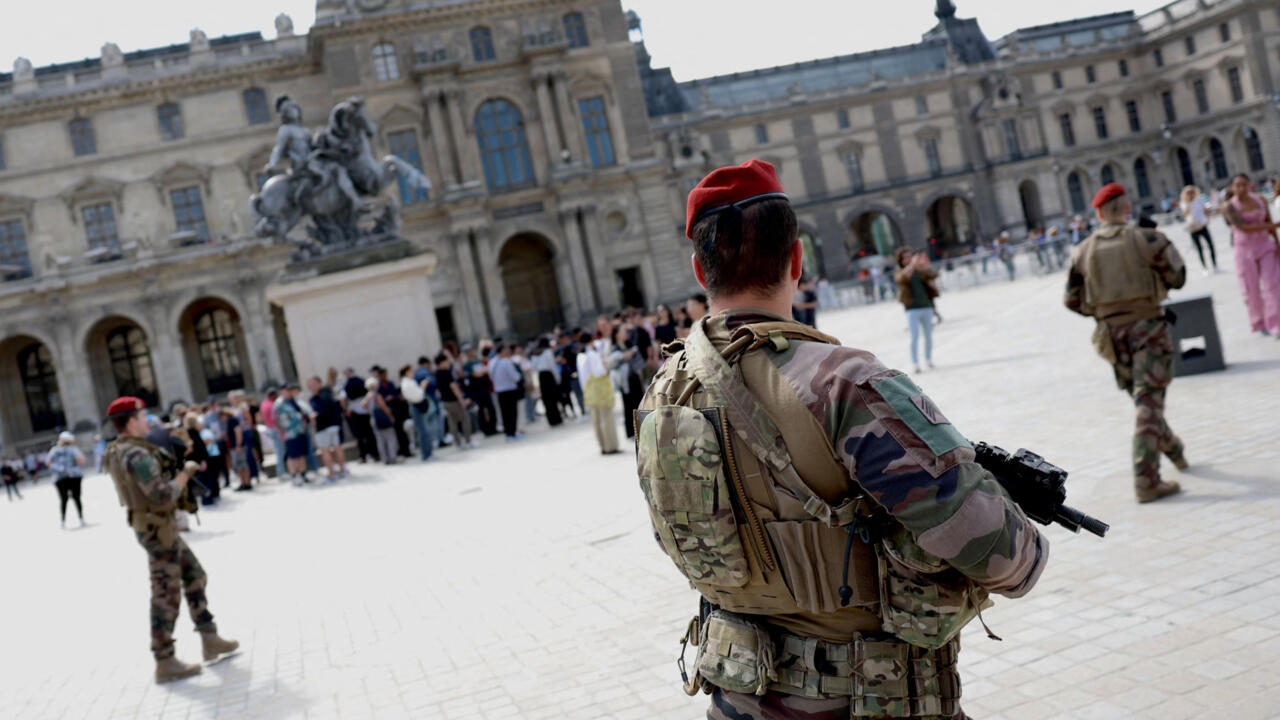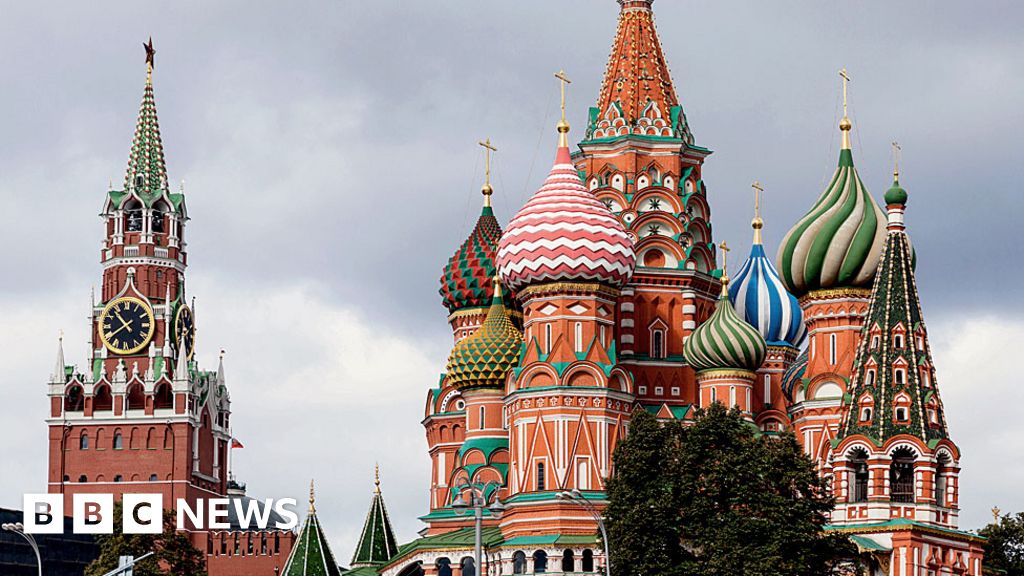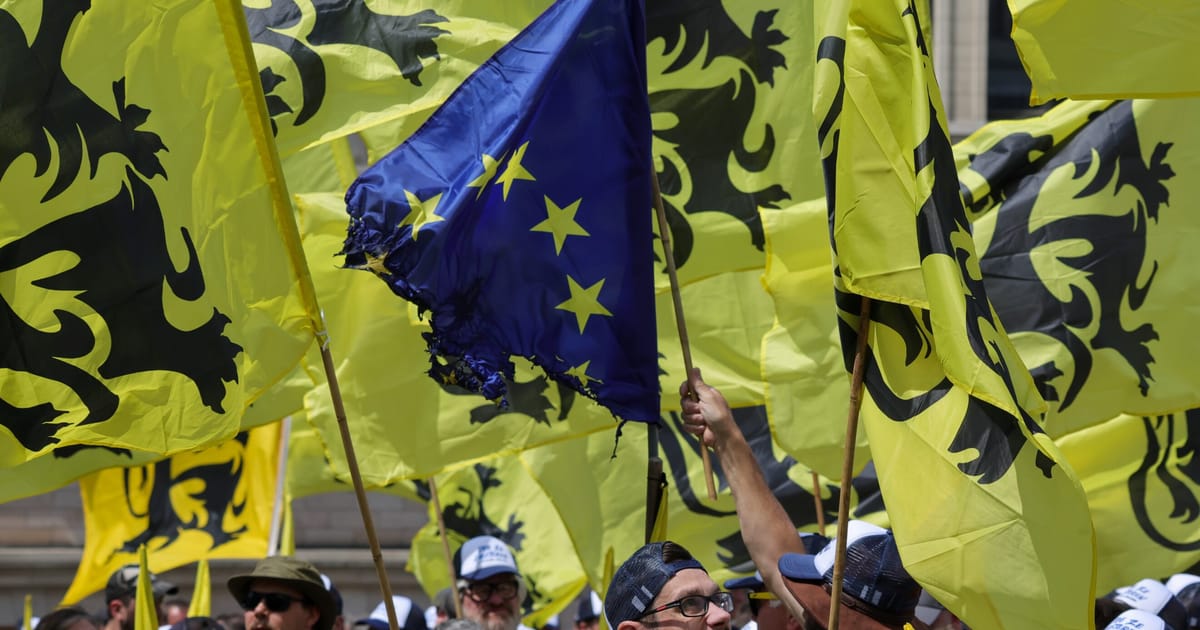I know only from what I read from the article, but isn't the only evidence that ISIS apologised the statement from an Israeli minister? If I'm not mistaken, it's not even clear which attack ISIS was apologising for.
So all we have is an Israeli minister boasting that Israel has been so successful in their operations that ISIS apologised to them for an attack they made 'accidentally'. Which is all sorts of odd no matter how you interpret it. If what the minister said is true, why did ISIS apologise for an attack on Israel instead of crowing about it like they usually do? If the minister is making stuff up, why not just say that Israel thwarted an attack instead of claiming ISIS apologised for it and said it was a mistake?
The links posted by innonimatu are misrepresented, taken out of context, and don't support the point he's trying to make.
Here are some slightly more detailed (and possibly slightly less bad) articles about the ISIS attack on Israel:
https://www.timesofisrael.com/idf-investigating-reports-of-shots-mortars-on-golan-heights/
https://www.timesofisrael.com/ex-defense-minister-says-is-apologized-to-israel-for-november-clash/
Sorry for using Israeli sources, but our options are Western media quoting the same Israeli sources. Or Turkish state media (as inno posted) misquoting the same Israeli sources. If you find more detailed or less biased articles feel free to share them. (Maybe some ISIS/Amaq press release?).
First of all, the statements were made by a former minister who had resigned months before the attack occurred. He was not part of the government anymore.
Secondly, the attack was a minor border clash. Some Israeli soldiers had crossed their Golan Heights "security fence" towards Syria. They received small arms and mortar fire. Not a single Israeli solider or civilian was injured.
Thirdly, Israel did respond. They boasted about it: "The army will not tolerate any impairment to its sovereignty and will respond severely to any attempt to damage it". They counterattacked with tank and airstrikes and claim to have killed 4 ISIS-affiliated militants.
And finally the context is important. This attack occurred in 2016. At the time, ISIS directly controlled a large and populous territory in Iraq/Syria. Its goal was to to expand and solidify the proto-state they were establishing in the region. They already did carry out terrorist attacks (including many in the West). But their main campaign in the Middle East was fought through conventional warfare. To do so, they exploited the weakness, internal divisions and disorganization of the Syrian and Iraqi governments and their armed forces. Through its propaganda and military "exploits", ISIS got many Salafist rebel groups in Syria and throughout the world to pledge allegiance to the Islamic State. This led to a decentralized structure where the allegiance of some groups to ISIS was mostly nominal, or where level of the coordination between subgroups and the main "Caliphate" was uncertain. Some of these groups were not linked geographically to the main ISIS proto-state in Mesopotamia. This was the case for the one that attacked Israeli forces in the Golan Heights (the Khalid ibn al-Walid army). So how much of the attack and the supposed "apology" were ordered by the main leaders of ISIS is uncertain. But considering the context, it seems much more likely that, if the events from the article are accurate, they mostly involved a small group of poorly coordinated fighters.
In any case, these groups had little interest in attacking Israel for two big reasons that are more plausible thant the alledged Israeli support. First of all, ISIS performed poorly against modern well-organized armies. They got obliterated when the US and Russia got involved. They would have suffered the same fate if they tried a military advance in the heavily fortified Golan Heights against the advanced military of Israel. There was much more to gain (in territory and in propaganda) by fighting against fatigued and demoralized Syrian and Iraqi troops. Secondly, some wonder why ISIS does not carry out terrorist attacks inside Israel. Well they did:
In Bersheeba:
https://www.reuters.com/world/middl...-israel-police-emergency-services-2022-03-22/
In Hadera:
https://www.reuters.com/world/middl...eli-city-are-shot-dead-police-say-2022-03-27/
They also unconvincly claimed one in Jerusalem:
https://www.reuters.com/article/us-israel-palestinians-idUSKBN19805U/
But the reality on the ground is that there are probably very few potential ISIS recruits among Palestinians. The most radical or militant Palestinians who are ready to fight against Israel will generally join the groups that are already well established in the region such as Hamas. These groups' main benefactor is Iran which is a mortal enemy of ISIS. So it's no surprise that ISIS gained very little traction inside Palestine/Israel.
One of the problems with accusations of "supporting ISIS" is that they're often just speculation, so the debate is often futile. And every side of the Syrian conflict has accused the other of supporting ISIS (e.g. through covert operations or by buying oil from them).
Syria/Iran/Russia accuse FSA/Rojava/US/Turkey/Israel, and vice versa.
And Turkey and Israel/Rojava accuse each other.
https://www.nytimes.com/2015/06/03/world/middleeast/new-battles-aleppo-syria-insurgents-isis.html
https://www.aljazeera.com/news/2015/11/27/erdogan-denies-turkey-buys-oil-from-isil/
https://www.aa.com.tr/en/middle-east/israel-collaborating-with-daesh-arab-knesset-member/1063451
The other bigger problem is that "supporting" can mean multiple things along a large spectrum.
At one end of the spectrum, it could mean that some countries have inadvertently provided the conditions for the rise of ISIS. This is obvious and the main culprit here is the US for destabilizing the region. But to some extent the Syrian Assad government, different Iraqi factions and the Gulf countries could also be blamed. Without evidence of intent, it seems far-fetched to call these examples "support for ISIS".
Being slightly more accusatory, one might say that some countries and non-state actors have turned a blind eye to the nascent ISIS movement or indirectly helped it grow in the hope of weakening their enemies. That's just basic realpolitik, so it's nothing suprising. In Israel case, it's certain that they were happy that anti-Assad rebels were destroying Syria. Even moreso near the Golan Heights which are deemed strategically important. The rebels could be ISIS, another variety of Salafists, communists, or Martians for all Israel cares. What mattered is that they weakend Assad's hold on power and on territory, because Syria was one of the last countries in the region to resist American (and Israeli) hegemony. That Israel did not fight these Salafists is not surprising. That Israel worked to impede Assad's fight against them is also not surprising. But to what level Israel directly supported these groups (if they did, pre- or post-ISIS allegiance) is AFAIK classified. So we can only speculate for now. But, if it's plausible that Israel had some leve of influence on the subgroups fighting in their southwestern Syrian enclave, it seems rather unlikely that they supported and influenced the main ISIS leadership in Raqqa (or wherever they were hiding) and even more unlikely that they held influence over the ISIS "affiliated" groups carrying out attacks in the West. So indeed, when alleging support for ISIS, it might be useful for clarity to specify "which ISIS" we're talking about.
And at the opposite end of the spectrum of "support", some people accuse the US, for example, of having completely created ISIS. This theory is popular in the Arab world. But the available historical record simply does not support that. This is, for now, an unfounded conspiracy theory.
And in-between the two extremes, there are different level of alleged "support" that range from possible to unplausible. If like Kyriakos you stay very vague about what you mean, your "claims" (if they can be called that) can sound realistic. But by being so vague they are also meaningless.






